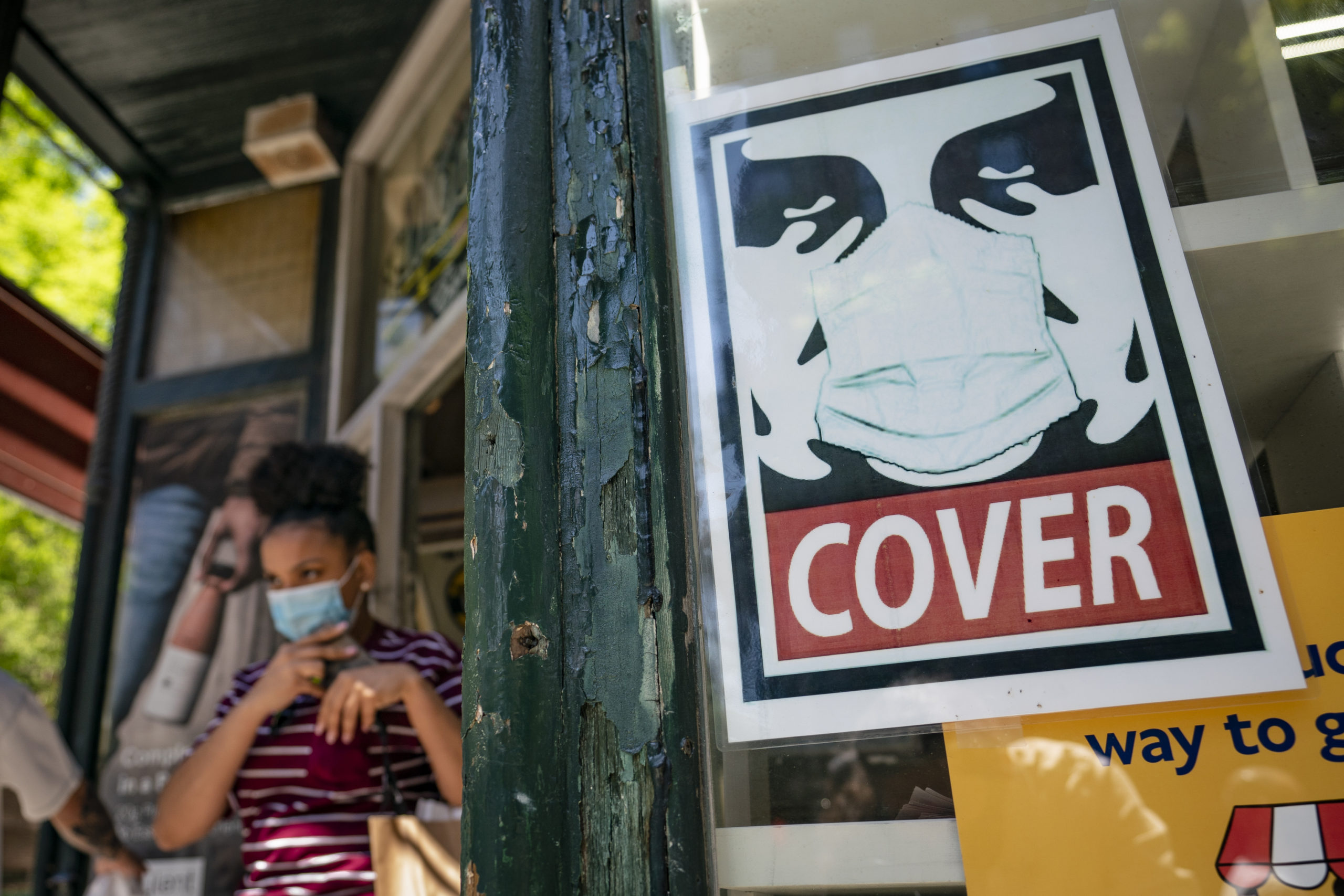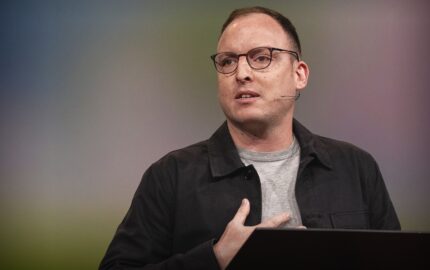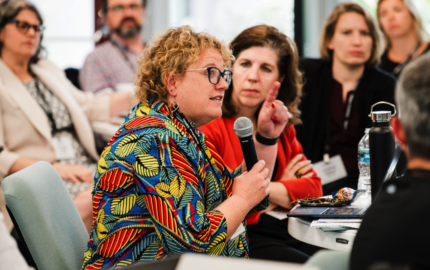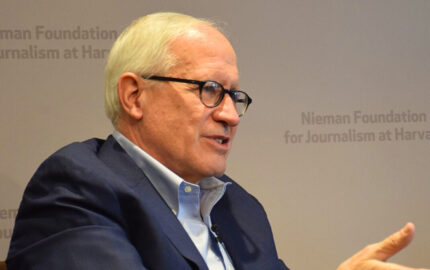Over the past year, the Nieman Foundation has invited some of journalism’s most decorated thinkers into conversation on topics ranging from climate coverage to crime reporting to the pandemic’s impact on the health and medicine beat. As 2021 closes out, here are five Nieman conversations to immerse yourself in before the year ends:
Related Reading
How many people are fatally shot by police each year? That is the question then-Washington Post reporter Wesley Lowery asked — and found no answer for — while covering Michael Brown’s murder for the paper in 2014. The lack of statistics on police killings was the driving force behind “Fatal Force,” a data project led by Lowery at The Post that earned him a Pulitzer. Now a correspondent on CBS’ “60 Minutes,” Lowery is still asking the hard questions about criminal justice reporting: “What if the process itself is unfair?” he posed in a talk with the Nieman Foundation in February.
In this talk, Lowery brings forth a host of other considerations for crime reporters, from how often to rely on official police accounts to the role local news plays in establishing crime narratives to whether the crime beat should exist at all. Tackling these issues, Lowery says, requires looking at crime through the lens of power. “How do I calibrate my coverage and my questions so that I’m, in some ways, a voice for the less powerful people, holding accountable the more powerful?”
When Arundhati Roy spoke with the Nieman Foundation on the state of democracy in India in February, the conversation couldn’t have been timelier. In the weeks prior to Roy’s conversation with Nieman, numerous journalists were arrested as the country became embroiled in a months-long farmers’ protest against Prime Minister Narendra Modi; India’s Ministry of Electronics and Information Technology requested Twitter to block hundreds of others from the platform. The Man Booker Prize-winning author chatted with Nieman about the protests, how the media allowed Modi’s government to flourish, and violence against women in India — and where her role as a writer fits into this all.
“If you look at what’s happening with the farm protests now, how do you understand it, as a writer or as a human being?” Roy said. “It’s been something that I’ve been pretty obsessed with, understanding things which are not normally considered a fiction writer’s business. To me, I can’t write fiction unless I make it my business.”
The New Yorker’s Elizabeth Kolbert has dedicated much of her writing to climate change. Her 2015 book, “The Sixth Extinction: An Unnatural History,” demonstrates how humans are responsible for the world’s sixth mass extinction in the past half-billion years. Kolbert’s latest book, “Under a White Sky: The Nature of the Future,” explores the ways technology can combat climate change. In a May conversation with Nieman, Kolbert delved into the writing process behind her two books, the Biden administration’s environmental policies, and the rapidly evolving science aiming to address the climate crisis. Journalists must be attuned to these climate developments, Kolbert says, and the challenges that come out of reporting on climate without fully understanding its nuances. “When someone does the history of all this,” Kolbert told Nieman, “it will not reflect that well on news organizations that took their cues, as it were, from politics.”
Since the pandemic’s start, STAT senior writer Helen Branswell has only written a handful of stories un-related to Covid-19. As a result, she’s had a front row seat watching how the virus has altered the health and medicine beat — possibly for good. Branswell sat down with Nieman Reports’ senior editor Laura Colarusso to discuss those changes, from the unprecedented politicization of pandemic coverage to the challenges of reporting on evolving science, and the lessons health journalists can take away from the past two years. Plus, Branswell offers an inside look at how the pandemic first unfolded within the beat, and the moment she knew Covid would become the big story it became — a phone call she dubbed “the most frightening interview of my life.”
Since first ruled in 1973, Roe v. Wade — the Supreme Court’s landmark decision on abortion — has become a household name for many Americans. Less known to the public, however, is the woman behind the case: Norma McCorvey, who assumed the Jane Roe pseudonym in front of the court. Joshua Prager’s newest book, “The Family Roe: An American Story,” uncovers that little-known history of McCorvey’s complicated life and legacy. Prager spoke with Nieman Reports’ assistant editor Natalie De Rosa about his reporting for the book, gaining the trust of McCorvey and her daughters, and the fate of abortion rights in America — a conversation that comes as the Supreme Court begins to hear arguments for a case that could restrict or overturn Roe.



